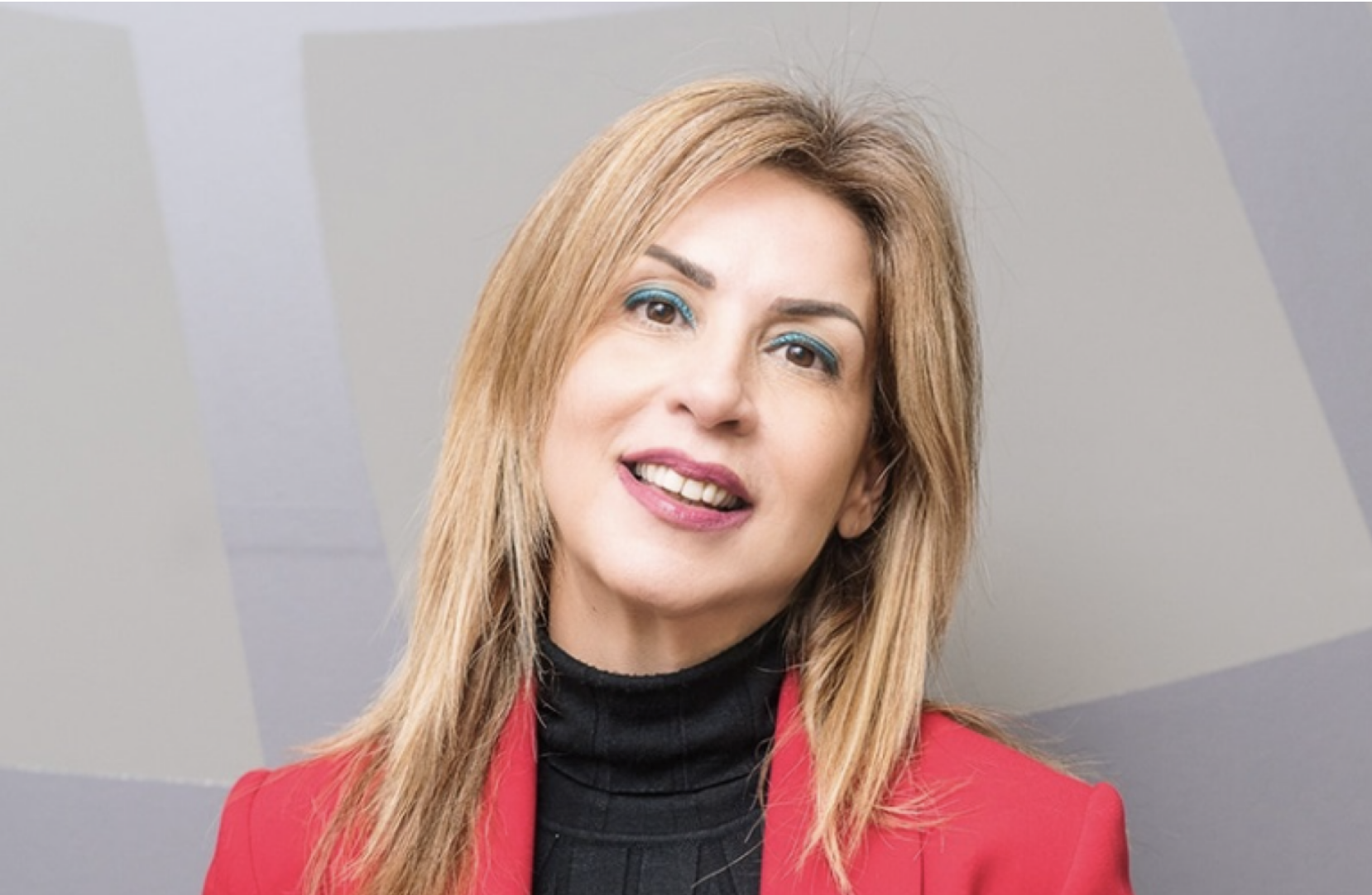Greek actress Vasiliki Troufakou recently opened up about her journey into motherhood, her experience with childbirth, and her evolving perspective on marriage and family life. Speaking candidly on the talk show Buongiorno, she shared her thoughts on balancing her personal beliefs with the realities of being a mother, alongside her reaction to some emotionally intense scenes in her series Famagusta.
Troufakou spoke first about the process of childbirth, which, for her, was a long and challenging experience. “When labor is natural, there’s a good chance it can go on for quite a few hours. Mine lasted 30 hours, and it was exhausting. If I could go back in time, though, I’d still choose natural childbirth,” she said, emphasizing her commitment to her choices despite the difficulties involved.
Reflecting on motherhood, Troufakou admitted that her previously firm views on what it meant to be a parent have softened. “I had formed some opinions about motherhood, which, honestly, didn’t change much after giving birth. What has shifted is that I’ve become a bit more tender. The typical anxieties parents have haven’t really hit me yet—I’m still in the newborn ‘bubble’ phase,” she shared, expressing her current sense of peace and joy in this new role.
In light of the recent premiere of Famagusta‘s second season, Troufakou also discussed how certain scenes in the show have affected her on a deeper level since becoming a mother, especially one scene involving buried children. “Last night, there was a scene with buried children. I teared up and couldn’t watch it. When you’re a parent, you resonate even more deeply with scenes involving children and their vulnerability. It hit a sensitive spot for me,” she admitted.
Expanding on the impactful moment, she added, “There was this scene where they took children, performed a mock execution on them, buried them alive in the blazing sun, and they were reciting the Lord’s Prayer. That scene shook me to my core.”
When asked about her relationship with her partner and her views on marriage, Troufakou described how becoming parents has shifted the dynamics within their relationship. “The dynamics in a relationship change; not every relationship can withstand these changes. We have a strong partnership, but marriage involves a long process, and I don’t know if I’m ready to go through that.”
She clarified that she and her partner have chosen a civil partnership instead, which provides a sense of commitment without the formalities of marriage. “There’s already a commitment between us because we’ve opted for a civil partnership. We have time, and maybe marriage will happen one day—perhaps alongside the christening. But when there’s trust, and I speak only for myself, I don’t feel that any official paperwork is necessary,” she concluded.
Ask me anything
Explore related questions





